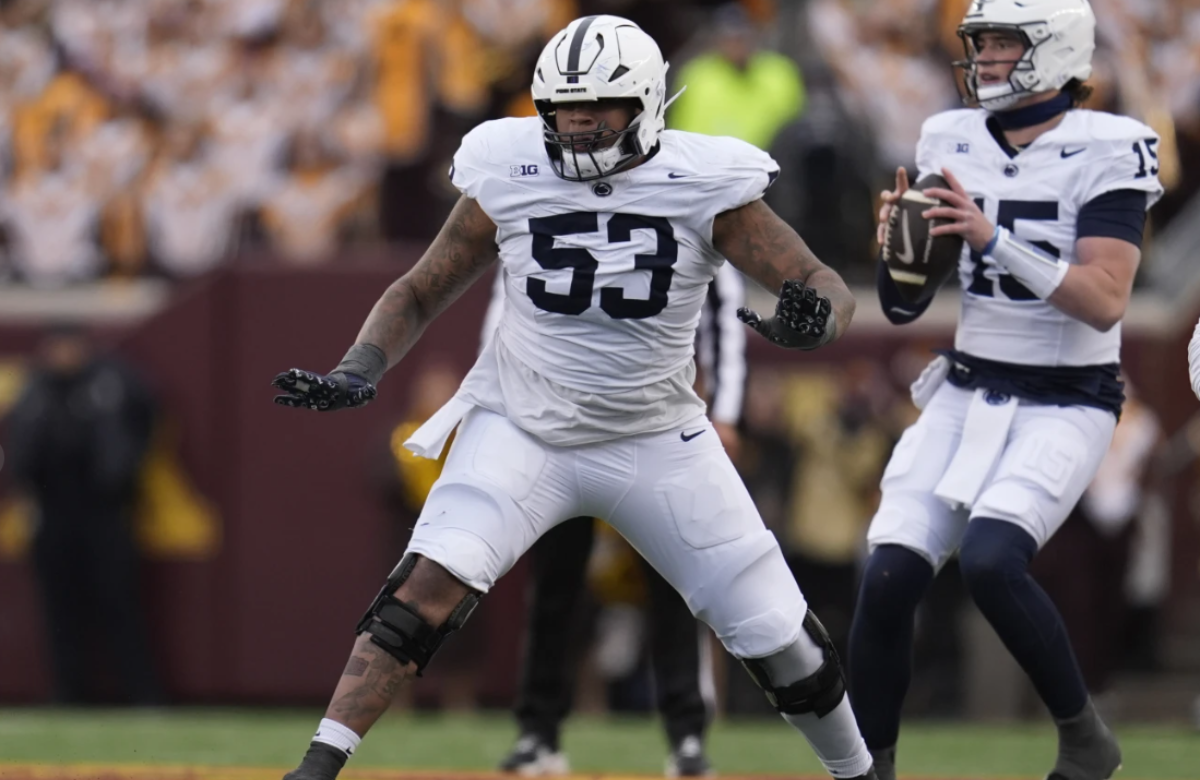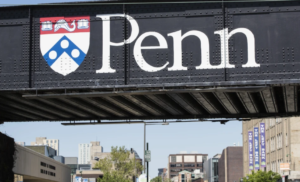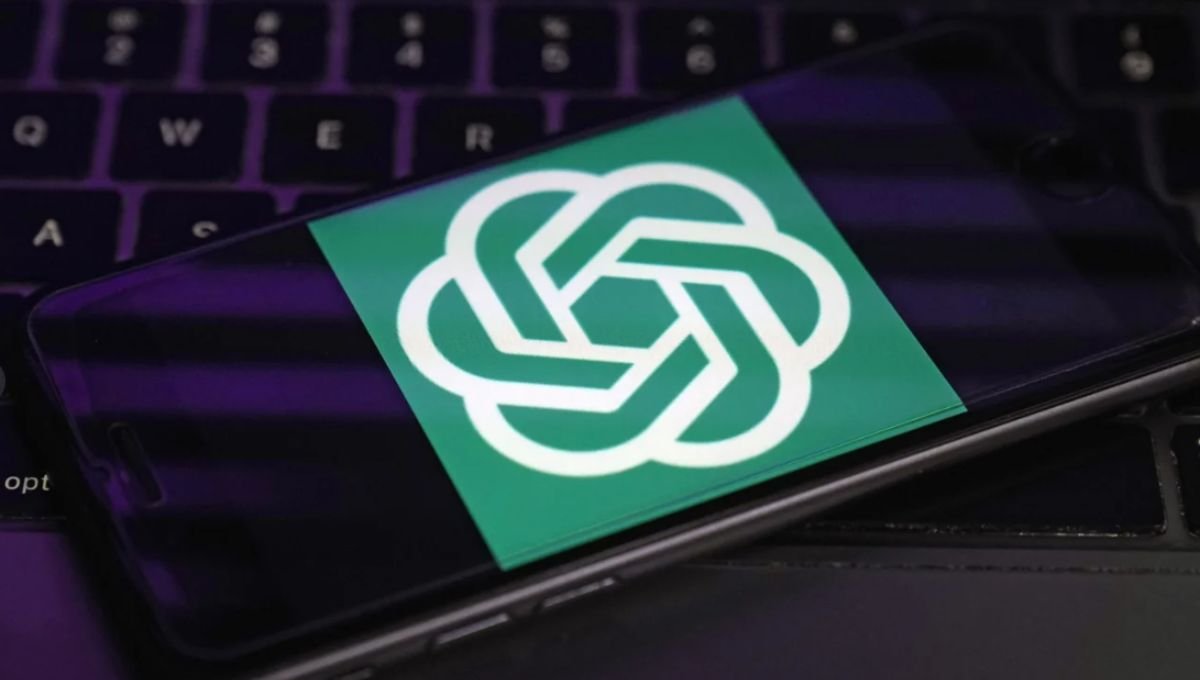President Donald Trump signed an executive order on Thursday aimed at clarifying whether college athletes should be classified as employees of their universities, seeking to establish clearer national guidelines in the evolving era of name, image, and likeness (NIL) rights.
The order directs the Secretary of Labor and the National Labor Relations Board to provide guidance or rules on this issue, emphasizing the goal of maximizing educational opportunities for student-athletes through collegiate sports. However, the directive does not specify details on the contentious question of athlete employment status.
This move follows months of speculation about whether Trump would create a dedicated commission to address complex issues in college athletics, a multibillion-dollar industry. Instead, he issued an order meant to impose some regulation on what he described as an “out-of-control, rudderless system,” where wealthy university donors engage in bidding wars for top athletes who frequently change teams.
Trump’s order warns that without clear limits and fair resource distribution across college sports programs, many of these programs could disappear. He stressed that college sports are not—and should not become—professional sports, and promised that his administration would act accordingly.
The college athletics landscape has experienced a surge in money and growing disorder. Recent legal victories by athletes, who challenged restrictions preventing them from profiting off their fame and sharing in the revenue they help generate, have dismantled the traditional amateurism model.
In response to increasing state laws challenging its authority, the NCAA allowed athletes to sign NIL deals with brands and sponsors starting in July 2021—deals now worth millions. This shift followed a unanimous Supreme Court ruling that the NCAA cannot limit education-related benefits to athletes due to antitrust law violations.
This acceptance of NIL paved the way for schools to begin paying athletes, with up to $20.5 million allocated per school over the next year as part of a $2.8 billion settlement. Additionally, athletes now have greater freedom to transfer between schools without penalty.
When asked about Trump’s executive order during Big Ten Conference football media days, Purdue coach Barry Odom noted the government’s involvement but expressed confidence that the sport would endure. “We’ll get it all worked out. The game’s been around for a hundred years and it’s going to be around 100 more,” he said.
The NCAA has sought limited antitrust protections for years to maintain some control over this rapidly changing environment and avoid more lawsuits, but recent legislative efforts have stalled in Congress. Trump’s order did not address these efforts or pending legislation targeting college sports issues.
NCAA President Charlie Baker, along with major conferences, welcomed the focus on federal legislation, highlighting the need for national standards around athlete NIL rights. Baker expressed eagerness to collaborate with student-athletes, Congress, and the administration.
For decades, NCAA member universities have maintained that athletes are students, not employees. However, some coaches have suggested collective bargaining as a potential way to manage the current challenges.
The issue is complex: classifying athletes as employees would require universities to provide wages, benefits, and workers’ compensation, a prospect schools and conferences have vowed to oppose legally. Public universities face a patchwork of state labor laws, including “right to work” rules in many southern states, complicating unionization efforts.
In addition, Trump’s order includes calls to:
— Maintain or increase scholarships and roster spots for non-revenue sports, such as those outside of football and basketball. While the settlement allows unlimited scholarships, it also imposes roster limits, raising concerns about Title IX compliance and equity.
— Instruct the Justice Department and Federal Trade Commission to protect college athletics through legal action, which may impact ongoing lawsuits regarding athlete eligibility and other disputes.
— Direct White House staff to collaborate with the U.S. Olympic and Paralympic Committee to safeguard the collegiate sports pipeline that feeds about 75% of U.S. Olympians. This is particularly important as the shift to revenue sharing creates financial uncertainties, especially for sports beyond football and basketball.
Also Read:
Sinner, Djokovic, and Draper Withdraw from Toronto Tournament Due to Injuries
Lloyd Howell steps down as executive director of NFL Players Association















